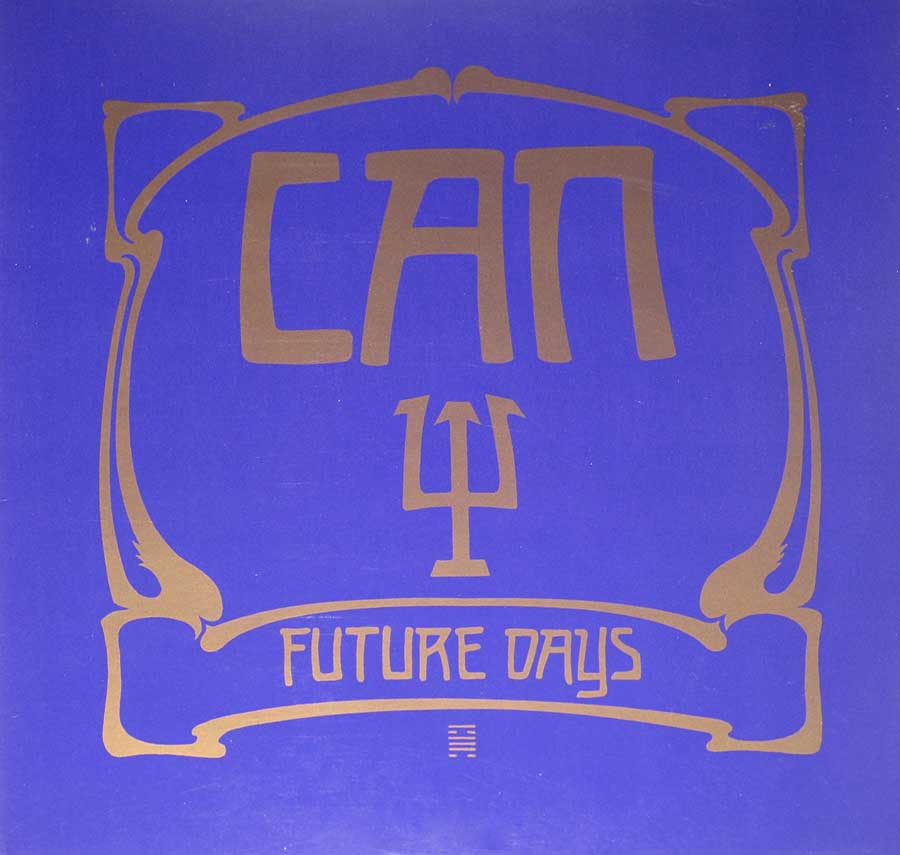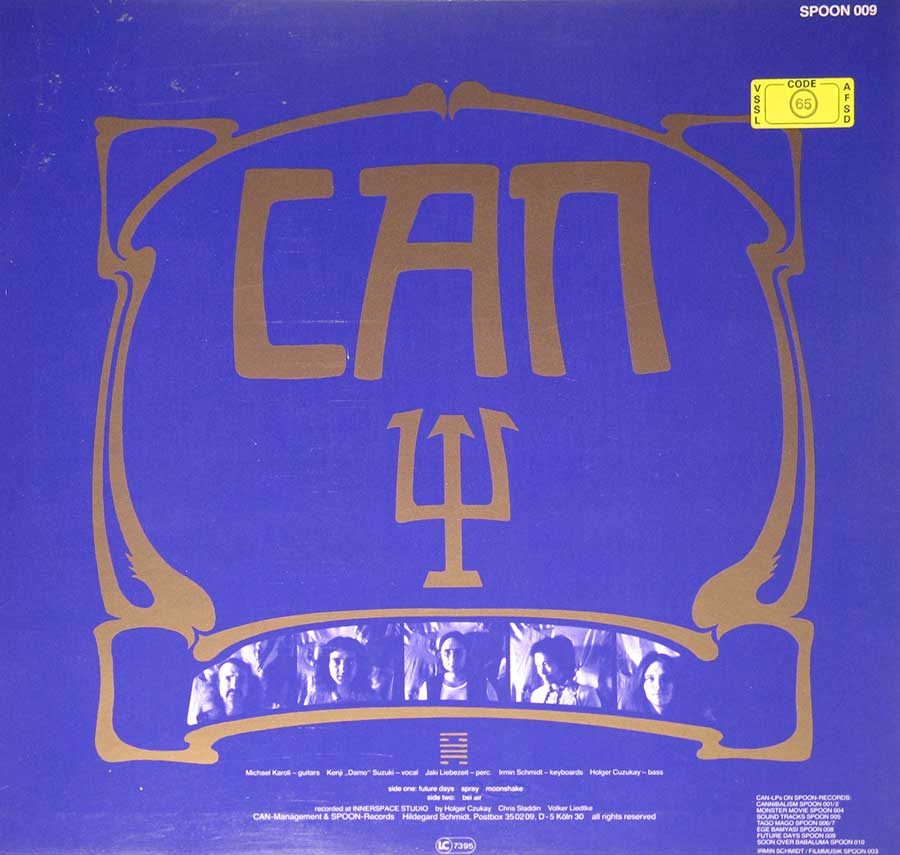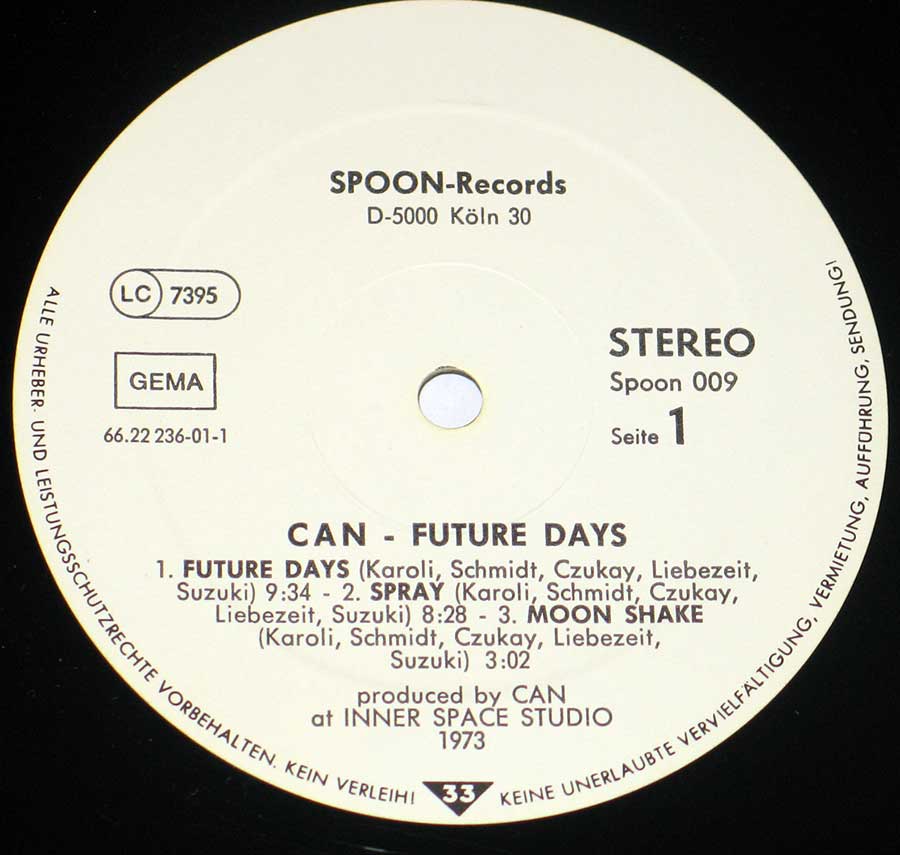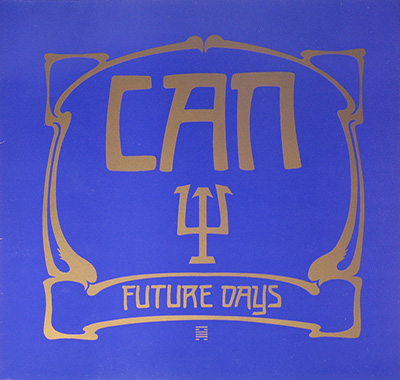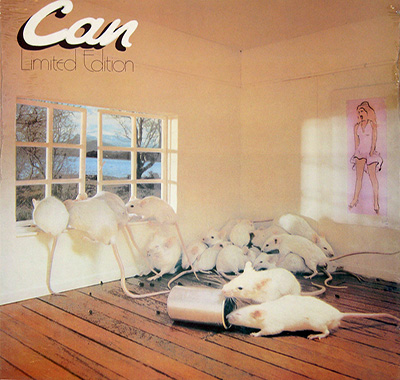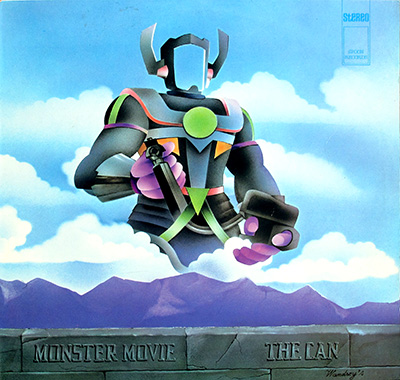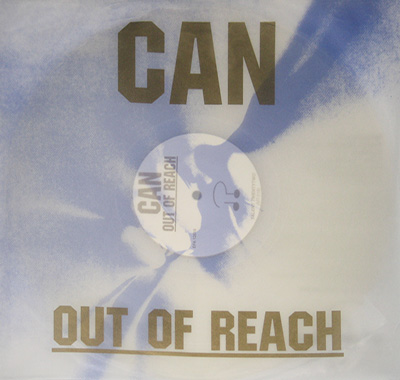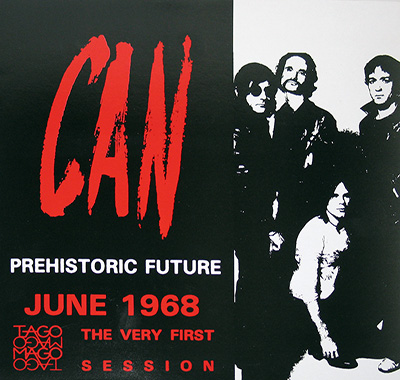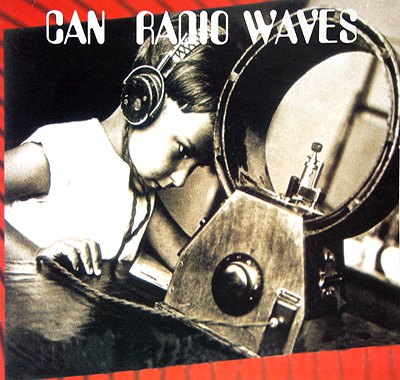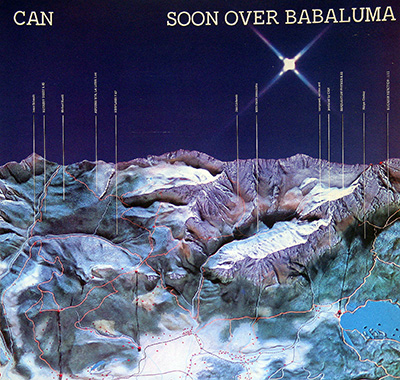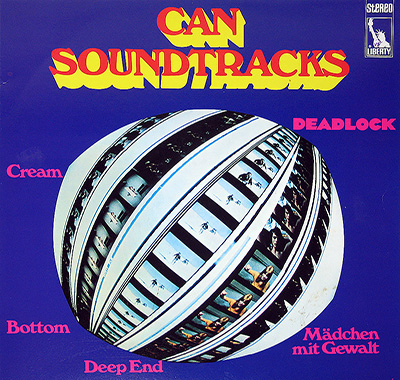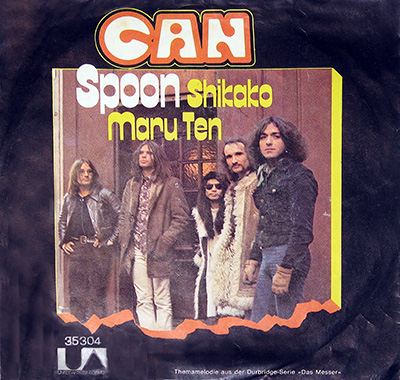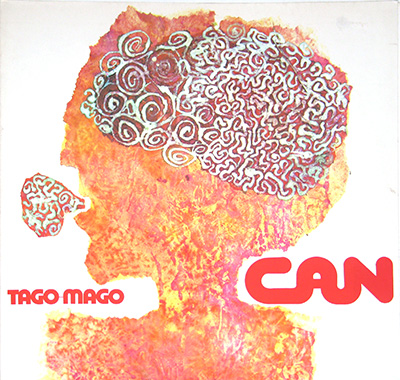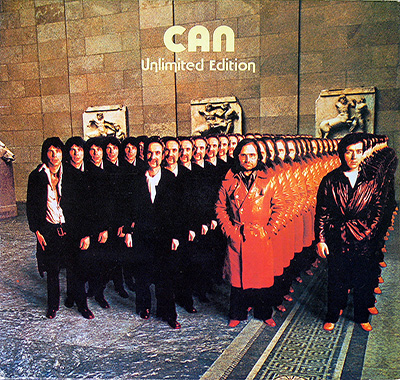|
Album Description :
In the world of avant-garde rock music, few bands have achieved the level of innovation and experimentation as Can. Hailing from Germany, Can emerged in the 1970s as a pioneer of unconventional music, pushing the boundaries of traditional rock and embracing a wide array of eclectic influences. Known for their fearless exploration of noise, synthesizers, cut-and-paste techniques, and, most significantly, electronic music, Can left an indelible mark on the music scene. Among their notable works is the iconic "Future Days", a studio album released in 1973.
"Future Days" stands as a testament to Can's avant-garde approach and showcases their willingness to break away from musical conventions. The album, presented as a 12" vinyl LP, features a mesmerizing collection of tracks that solidify Can's reputation as masters of experimental rock. The band's lineup consisted of Holger Czukay on bass, Michael Karoli on guitar, Jaki Liebezeit on drums, Irmin Schmidt on keyboards, and Damo Suzuki on vocals, each contributing their unique style and talents to the overall sound.
The titular track, "Future Days", captivates listeners from the very beginning. It envelops the senses with its atmospheric and ethereal qualities, immersing the audience in a hypnotic journey. The song's extended instrumental passages, characterized by intricate rhythms and intricate layering of sound, create a sonic landscape that transports listeners to unexplored territories. "Future Days" serves as a testament to Can's ability to construct mesmerizing compositions that defy traditional song structures.
Another notable track on the album is "Spray". Here, Can takes experimentation to new heights, utilizing unconventional instruments and electronic sounds to construct a unique auditory experience. The band's ability to blend disparate elements seamlessly is showcased through intricate percussion work, interwoven guitar melodies, and enigmatic vocal contributions. "Spray" epitomizes Can's ability to create music that challenges listeners and expands their musical horizons.
"Moonshake" is yet another standout track, characterized by its infectious rhythm and pulsating energy. The song's driving bassline, intricate guitar work, and propulsive drumming combine to create a hypnotic groove that is both captivating and irresistible. It exemplifies Can's ability to infuse their music with infectious energy while maintaining an avant-garde edge.
Finally, "Bel Air" completes the album with its dream-like atmosphere and haunting melodies. Can's use of synthesizers and keyboards enhances the ethereal quality of the track, transporting listeners to a realm of otherworldly beauty. The interplay between the various instruments and Damo Suzuki's vocals showcases the band's ability to create a rich and evocative sonic tapestry.
Upon its release, "Future Days" received widespread critical acclaim and has since been hailed as a classic of the krautrock genre. The album's unique blend of experimentalism, minimalism, and electronic music set it apart from its contemporaries, solidifying Can's status as pioneers of avant-garde rock. The influence of "Future Days" can be felt in a wide range of genres, with numerous bands and musicians citing Can as a source of inspiration for their own groundbreaking work.
|
